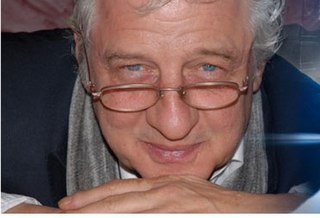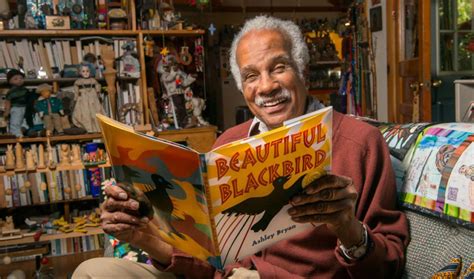A Quote by Li-Young Lee
Poetry is the language of extremity. Poetry is a transfer of potency. You feel something potent and then you transfer it onto the page.
Related Quotes
There's a sameness about American poetry that I don't
think represents the whole people. It represents a poetry
of the moment, a poetry of evasion, and I have problems
with this. I believe poetry has always been political, long
before poets had to deal with the page and white
space . . . it's natural.
I think New York is working its way into my poems. It takes a while for a place to filter its way onto the page, but I've been reading more and more American poetry and I certainly feel it as quite a freeing force. Coming from the formally ordered tradition of poetry in Ireland, I find the expansiveness of American literature freeing in some sense.
My best times are midnight to six actually. I'll leaf through my notebooks and if something catches my eye and I feel like I want to transfer it from the notebook to the page, I do, and then comes this very strange process which is difficult to describe in that I'll write until I get stuck or I can't go any further or I'm boring myself or whatever and then I might go to another poem.
There's no difference between lyrics and poetry. Words are words. The only difference is the people who are in academic positions and call themselves poets and have an academic stance. They've got something to lose if they say it's all poetry; if there's not music to it, and you have to wear a certain kind of checkered shirt or something like that. It's all the same. Lyrics are lyrics, poetry is poetry, lyrics are poetry, and poetry is lyrics. They are interchangeable to me.
When you are insecure, it turns people off. To spend money, people have to give away a part of their security. When they make the transfer of money to you, they have to feel solid; they have to feel they are getting something that will make them more, because they are paying out and becoming less right now. If you are solid and contained and secure, it helps them feel solid, so they transfer their cash more readily.
I love poetry. It's at the heart of everything I do. Poetry transforms what we call language, and uses language as the stuff to become something else. I get spun around by what happens in words. When that occurs, it inspires images that seem so original to me as an artist, even though I'm following what the poem has offered.






































